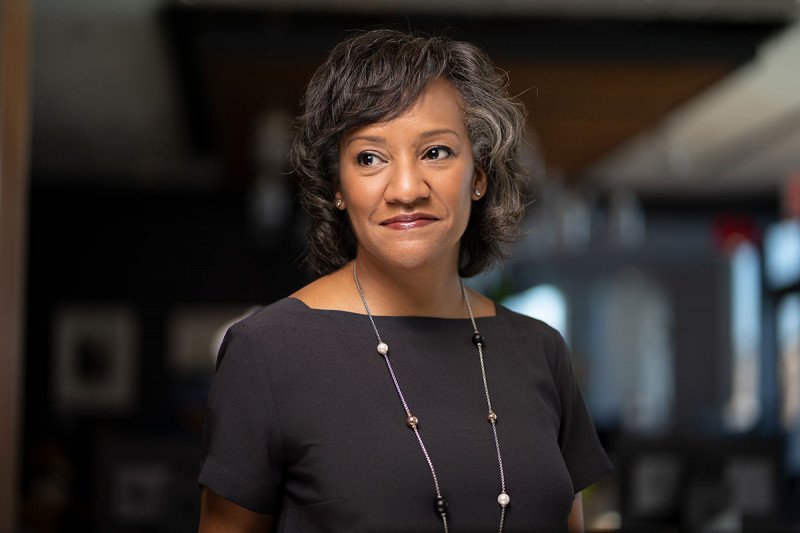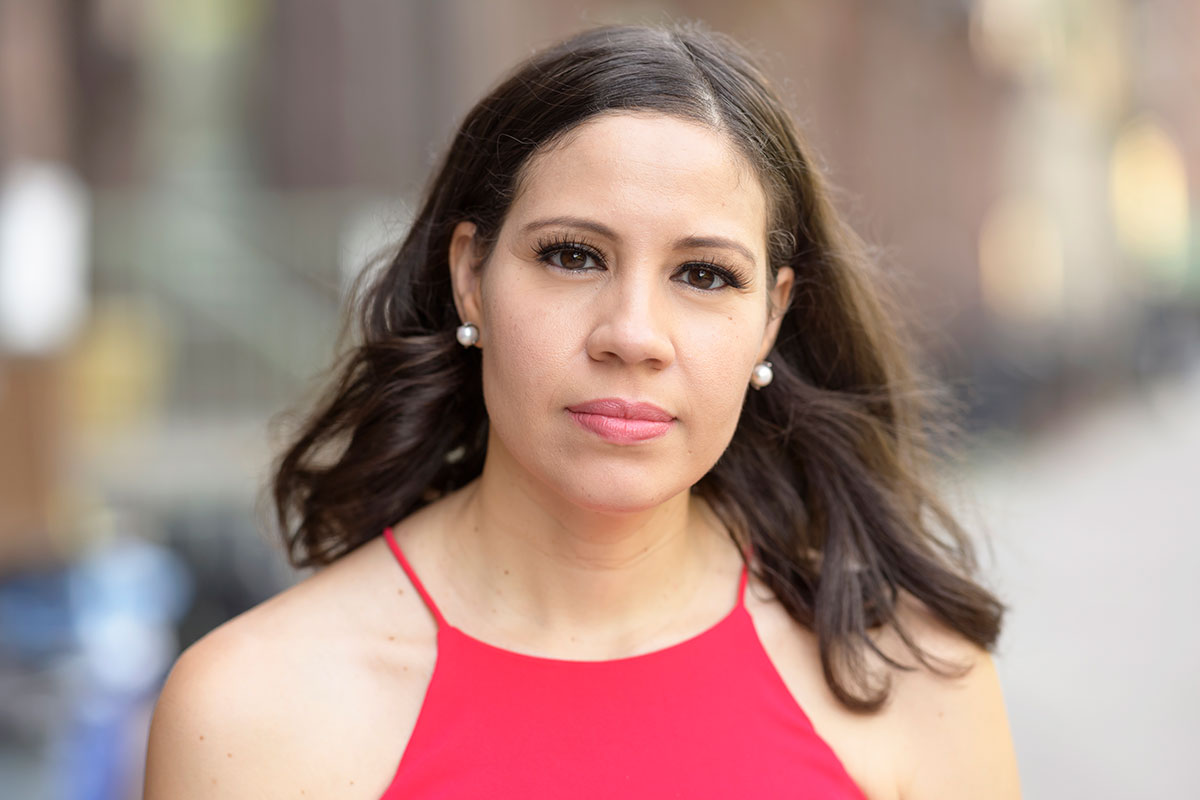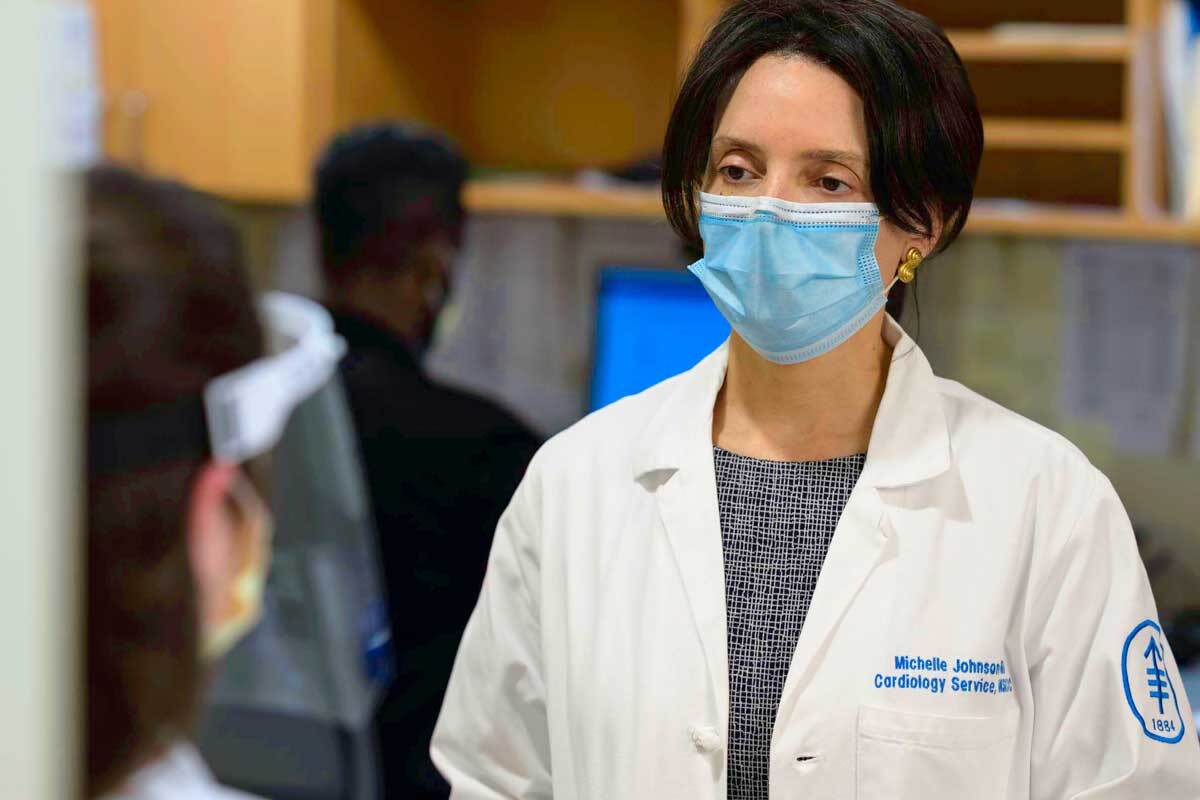
Research supports that an inclusive workforce with diverse leadership results in better patient care and outcomes. It’s known, too, that inclusion leads to greater innovation as the knowledge and ideas of more people, with different perspectives, are brought into the mix. But building an environment of inclusion and belonging, where every employee feels valued and supported and every patient feels welcome and understood, requires ongoing commitment and a clear vision for the future. At Memorial Sloan Kettering Cancer Center, a key component for success in this mission is training the next generation of leaders.
“Historically, we have hired and promoted from within, but we haven’t necessarily developed from within,” says Tomya Watt, Vice President of Talent Acquisition & Mobility and Chief Diversity Officer at MSK. “We need to make sure that we are supporting our talented people — telling them what it means to be successful and helping them get there.”

MSK’s Emerging Leader Program, which launched in the summer of 2021, is designed to develop leaders throughout the institution. There are 51 participants from across MSK who will build their capabilities through conversations with leaders, networking, and collaborative work. In addition, 30 of these employees will participate in an immersive development program that includes coaching and real-world application of leadership skills.
Ms. Watt says the program is a crucial step for the future. She says research shows that internal candidates are able to be productive much sooner than external candidates.
Ms. Watt was appointed Chief Diversity Officer in late 2019. She was selected because of her commitment over her 11-year career at MSK to building an inclusive, supportive, and welcoming work environment for all employees.
Yadira Rosemin is one Emerging Leader program participant. She received her Master of Public Administration degree in Hospital Management in 2005 and joined MSK in 2015 as Administrator in the Department of Neurosurgery. Today, she is Associate Director of Outpatient Operations at the MSK Ralph Lauren Center.

“It’s an investment on both sides. MSK is investing in people — myself included — and we’re investing back into MSK,” Ms. Rosemin says. “This is where I want to be, where I want to grow, develop my skills, and become a better leader.”
Michelle Johnson, who has been a clinical cardiologist for 20 years and is an Emerging Leader program participant, says that leadership education isn’t incorporated into a doctor’s training, even though they are expected to lead. Dr. Johnson is Vice Chair of Health Equity in the Department of Medicine.
“When you finish med school, you’re an intern. Then you become a resident and you lead a team of interns. Then you’re a fellow and you’re leading a team of residents and med students,” Dr. Johnson says. “Nowhere throughout that do you get formal leadership training.”
A Focus on Inclusion
Tomya Watt says a path toward leadership must be available to everyone.
“If we only focus on diversity, it can be perceived as a quota-driven solution,” she says. “Instead, we have to focus on inclusion.”
MSK radiation oncologist Fumiko Chino recently conducted a study published in JAMA Network Open that demonstrated the leadership challenge for institutions nationwide. Dr. Chino examined the demographics of 856 leadership teams across 63 NCI-designated cancer centers (including MSK) and found that Black, Hispanic, and Asian leaders were underrepresented in leadership, while white men were disproportionately represented. The first author on the paper was Austin Morgan, a mentee from MSK’s Summer Pipeline program, which provides funding and support for underrepresented minority medical students who have an interest in becoming a physician-scientist in oncology or related biomedical sciences.
“The onus is on us as members of these leading cancer centers to really think about, how do we work from within to make this a priority, to make meaningful change not just for our patients, but also for our fellow providers, for our staff members — so that we can really, again, lead the charge to a better and more equitable future,” Dr. Chino said in an interview with The Cancer Letter.
Although the US population is about 60 percent white, 82 percent of public-facing leadership at top cancer centers is white. At MSK, the figures are similar — 44 percent of all employees are white, while 87 percent of leadership is white, according to self-identified data collected in August 2020. These statistics do not reflect leadership changes in the last year, such as the appointment of gynecologic surgeon Carol Brown as the Nicholls-Biondi Chair for Health Equity at Memorial Sloan Kettering.
Dr. Johnson recently helped launch an employee resource network for issues pertaining to underrepresented faculty and fellows.
“The Emerging Leader program is just one opportunity for us to build inclusive collaboration in a deliberate way,” she says. “We all play an important role in fulfilling our commitments to equality, diversity, and inclusion and holding each other and MSK accountable for creating a sense of inclusion.”




